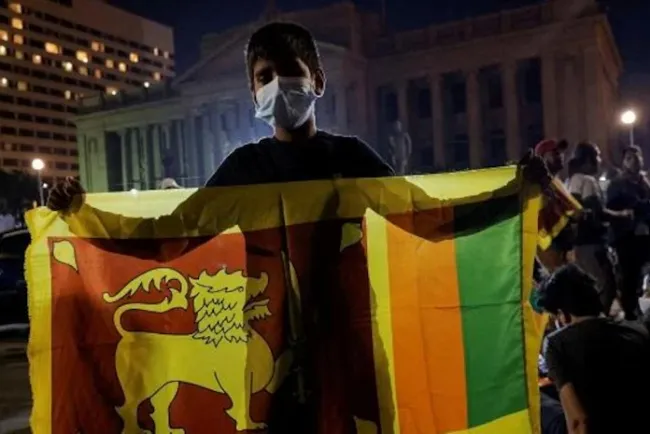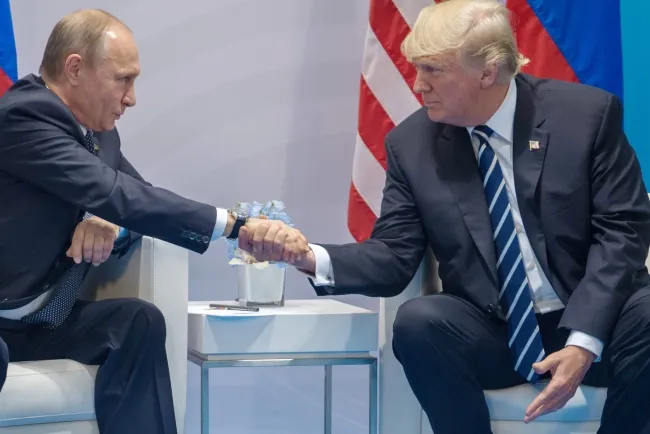India-Pakistan Relations: A Glimmer of Hope Amidst Tensions
In a significant development following the temporary ceasefire between India and Pakistan post-Operation Sindur, Pakistan Prime Minister Shahbaz Sharif has expressed readiness to engage in peace talks with India. However, the response from India’s External Affairs Minister S. Jaishankar indicates that any discussions will be strictly centered around the issue of terrorism.
A Tentative Approach to Peace Talks
Following the cessation of hostilities, Prime Minister Sharif's overture for dialogue has been met with cautious optimism. Jaishankar emphasized that India is open to discussions only if Pakistan takes concrete steps to dismantle the terrorist infrastructure within its borders. He reiterated that the Indus Waters Treaty will remain in abeyance until cross-border terrorism is unequivocally halted.
This statement underscores India’s firm stance on security issues, framing any potential peace talks as contingent upon Pakistan's actions against terrorism. Jaishankar’s remarks highlight the complexities involved in navigating diplomatic relations, especially given the historical context of mistrust and conflict between the two nations.
U.S. Encouragement for Dialogue
The United States has welcomed these developments, advocating for direct talks between New Delhi and Islamabad. U.S. President Donald Trump has previously shown interest in mediating the Kashmir dispute, framing the U.S. role as that of a peacemaker. A spokesperson from the U.S. government stated, "We want to encourage and see direct talks between the parties," reiterating the importance of maintaining peace following the recent ceasefire.
The U.S. position reflects a broader strategy of promoting stability in South Asia, recognizing that sustained dialogue is essential for long-term peace. However, the effectiveness of U.S. mediation will depend on the willingness of both India and Pakistan to engage in constructive discussions.
Defense Preparedness Amidst Uncertainty
Amid these diplomatic overtures, India’s Defense Minister Rajnath Singh has visited the Bhuj air base in Gujarat and plans to inspect the India-Pakistan border region. This visit signals India’s commitment to maintaining a robust defense posture, even as it explores avenues for dialogue.
The dual approach of readiness for talks while simultaneously reinforcing defense capabilities illustrates India’s strategic calculus in dealing with Pakistan. It serves as a reminder that while diplomatic efforts are underway, security concerns remain paramount.
Conclusion
The recent statements from both Pakistani and Indian leaders indicate a potential thaw in relations, but the path to meaningful dialogue is fraught with challenges. India’s insistence on addressing terrorism as a precondition for talks reflects its longstanding concerns about security and stability in the region. Meanwhile, the U.S. continues to play an influential role in encouraging dialogue, underscoring the international community's interest in a peaceful resolution.
As the situation evolves, the future of India-Pakistan relations remains uncertain, but the emergence of dialogue offers a glimmer of hope for both nations. The coming weeks will be crucial in determining whether these diplomatic efforts can translate into lasting peace and security in South Asia.
Stay tuned for further updates on this developing story and the implications for regional stability.
What's Your Reaction?
















